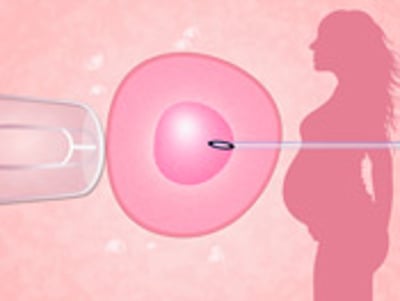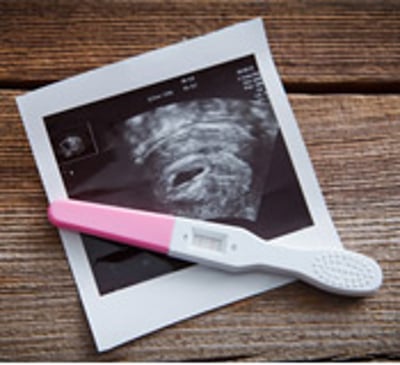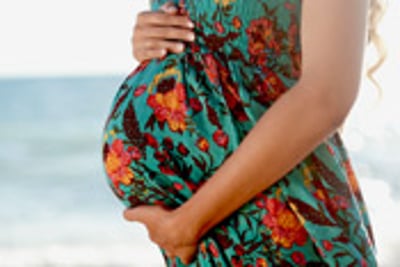Keyword: fertility



Relevance: Medium-High
Most relevant for: People diagnosed with breast cancer
Article: Coping with the financial burden of breast cancer
U.S. News & World Report recently talked to three breast cancer survivors, including two young women, about how they handled out-of-pocket costs and other medical expenses after their cancer diagnosis. (Posted 1/4/18)
READ MORE ›


Relevance: High
Most relevant for: Young women on, or considering taking hormonal birth control
Study: Birth control and breast cancer risk among younger women
On December 7, 2017 the New England Journal of Medicine published results from a study by Lina Mørrch of the University of Copenhagen and colleagues showing that hormonal contraceptives (birth control) increase the risk of breast cancer. The study is unique because it is one of the first to specifically assess the breast cancer risk associated with newer, low-dosage methods of contraception. The large and significant effort analyzed medical data of nearly 1.8 million young women in Denmark on average for over 10.9 years. Results were covered widely in the U.S. by many major media outlets, including the New York Times, USA Today, Forbes and Time. (12/14/17)
READ MORE ›


Relevance: Medium-High
Most relevant for: people with an inherited mutation linked to cancer risk
Article: Preimplantation genetic diagnosis and hereditary cancer
Andrew Joseph’s piece for STAT, “A baby with a disease gene or no baby at all: Genetic testing of embryos creates an ethical morass,” focuses on preimplantation genetic diagnosis (PGD) and the emerging ethical issue in the field of reproductive medicine: What to do when patients seeking to get pregnant select embryos with DNA that could lead to a disease or a disability. (11/8/17)
READ MORE ›


Relevance: Medium-High
Most relevant for: Young women diagnosed during or right after pregnancy and young survivors considering pregnancy after breast cancer
Study: Pregnancy around the time of a breast cancer diagnosis does not negatively affect survival
The number of women who become pregnant around the time of, or after a breast cancer diagnosis is increasing. However, it is unclear whether pregnancy around the time of a breast cancer diagnosis impacts survival. This recently published study demonstrates that the timing of pregnancy does not negatively affect breast cancer survival rates. (5/24/17)
READ MORE ›


Relevance: Medium
Most relevant for: Woman at average risk for breast cancer who have or are considering undergoing In Vitro Fertilization
Study: Does IVF increase a woman’s risk for breast cancer?
In vitro fertilization (IVF) wasn't commonly used until the 1980s, so its long-term effects are mostly unknown. A new study suggests that the treatment does not increase a woman's risk for developing breast cancer. (8/23/16)
READ MORE ›


Relevance: Medium
Most relevant for: Women with a BRCA mutation who want to become pregnant
Study: Do BRCA mutations affect fertility?
Age affects fertility. As women age, their ovaries release eggs that are not as healthy as those released in younger women. Fewer eggs are released each menstrual cycle as women age, making it harder for older women to become pregnant. Are women with BRCA mutations less fertile? Previous research suggested that BRCA mutations might affect women's fertility as she ages. A recent study found that BRCA1 mutation carriers may have slightly lower fertility than women without the same mutation, but more research is needed before this finding is useful for medical decision-making. (5/24/16)
READ MORE ›


Relevance: Medium-High
Most relevant for: Women who were diagnosed with breast cancer while pregnant
Study: Effects of cancer diagnosis and treatment during pregnancy on the health and development of the child
Very little work has studied how a woman's cancer diagnosis and treatment during pregnancy affects her child. This study of women who were diagnosed with cancer while pregnant looks at their children at ages 18 months and 3 years. The study found no difference in general, cognitive, and cardiac development when compared to children born to healthy mothers. (12/08/2015)
READ MORE ›


Relevance: Medium
Most relevant for: Women who are pregnant or have just given birth and are deciding about breastfeeding
Study: Breastfeeding may reduce hormone receptor negative breast cancer risk
Previous studies have shown that women who breastfeed have a reduced breast cancer risk. This study examines this association in the different breast cancer subtypes (ER, PR, HER2 negative/positive) and finds that breastfeeding is associated with a reduced risk of ER-/PR- breast cancer. (11/16/2015)
READ MORE ›


Relevance: Medium-Low
Most relevant for: Women with prenatal exposure to DDT, women in countries where DDT is used
Study: Prenatal exposure to the pesticide DDT and breast cancer risk
This study found an association between prenatal exposure to the pesticide DDT, and an increased risk of women developing breast cancer. While this study does not prove that DDT exposure directly causes breast cancer, it serves as a reminder that pregnant women's exposure to toxic environmental agents can affect their children's risk for disease later in life.
READ MORE ›